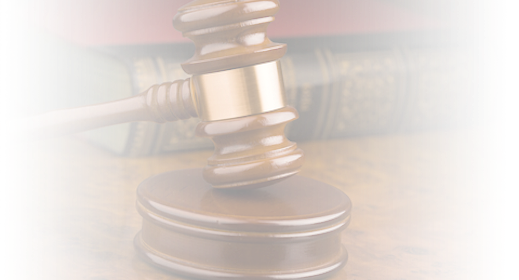jurisdiction
Below are Benchbook pages that are tagged with the keyword above.
This section outlines the major steps in trying a non-capital criminal case.
This paper explains the rule that one trial judge may not modify, alter or overrule the decision of another trial judge on a matter of law. It explains the circumstances under which a second judge may alter the ruling of a first judge on a matter of discretion.
This Administration of Justice Bulletin discusses when a judge may sign orders or otherwise act on a case after the session or term of court has expired and when the judge is out of the county or district.
Keywords: Superior court, rotation, chambers, in vacation, G.S. 7A-47.1, Rule 6(c), jurisdiction, commission
This paper reviews the court’s inherent authority to act when no procedure is provided by statute or rule to address the situation facing the court. It discusses the particular circumstances in which such inherent authority has been applied and also notes the limitations on the court’s power when it intrudes on legislative or executive authority.
This section discusses the jurisdiction of the superior court over criminal actions and covers, among other things, the superior court’s jurisdiction over felonies, misdemeanors, and infractions; the district court’s jurisdiction over felonies; territorial jurisdiction; and jurisdictional issues related to probation.

